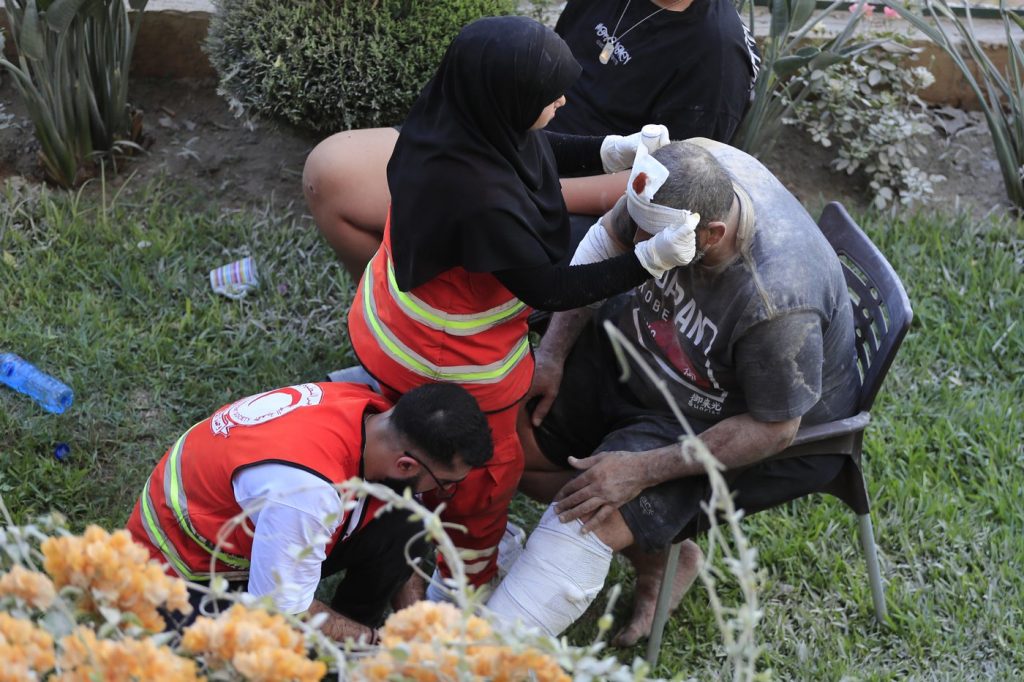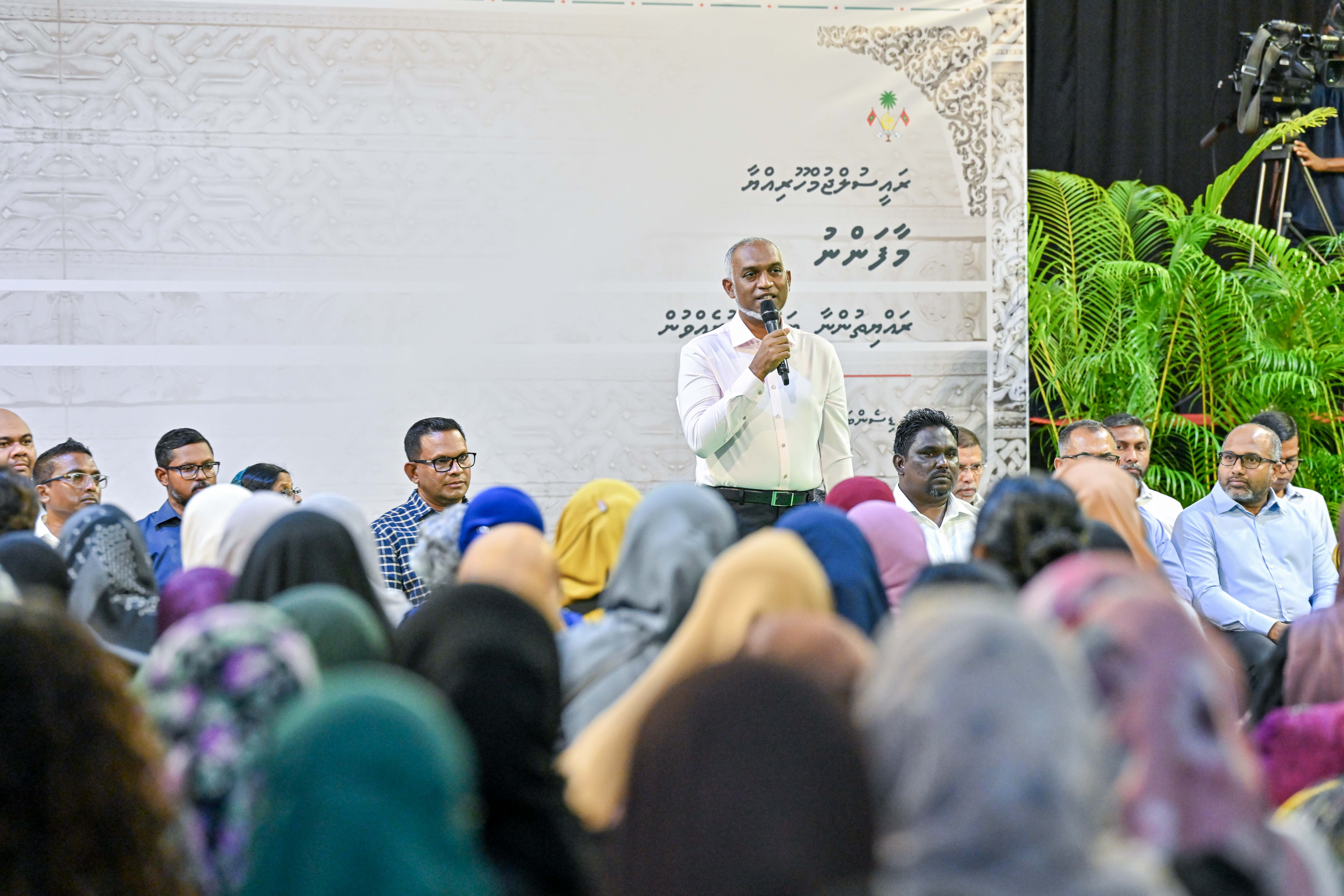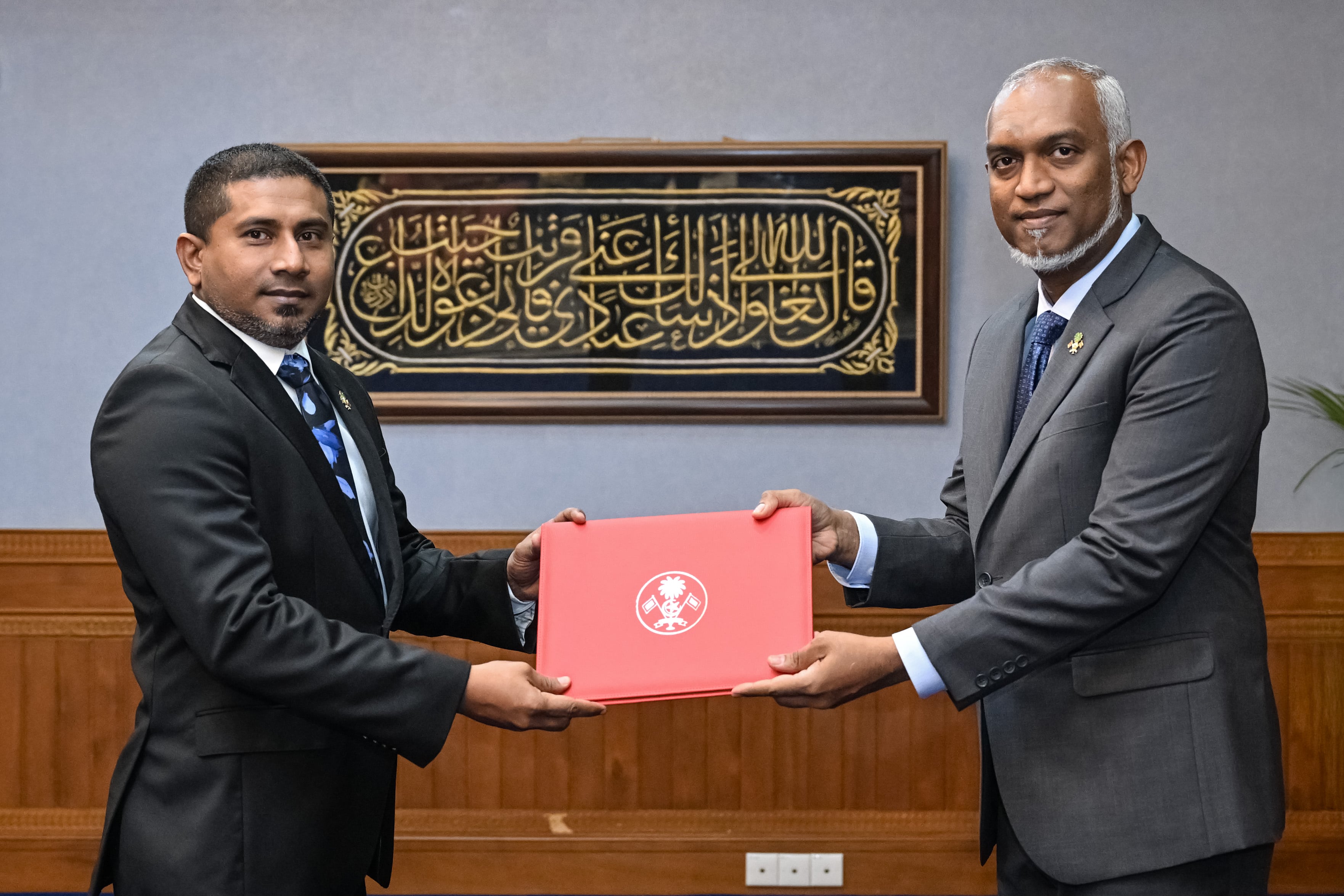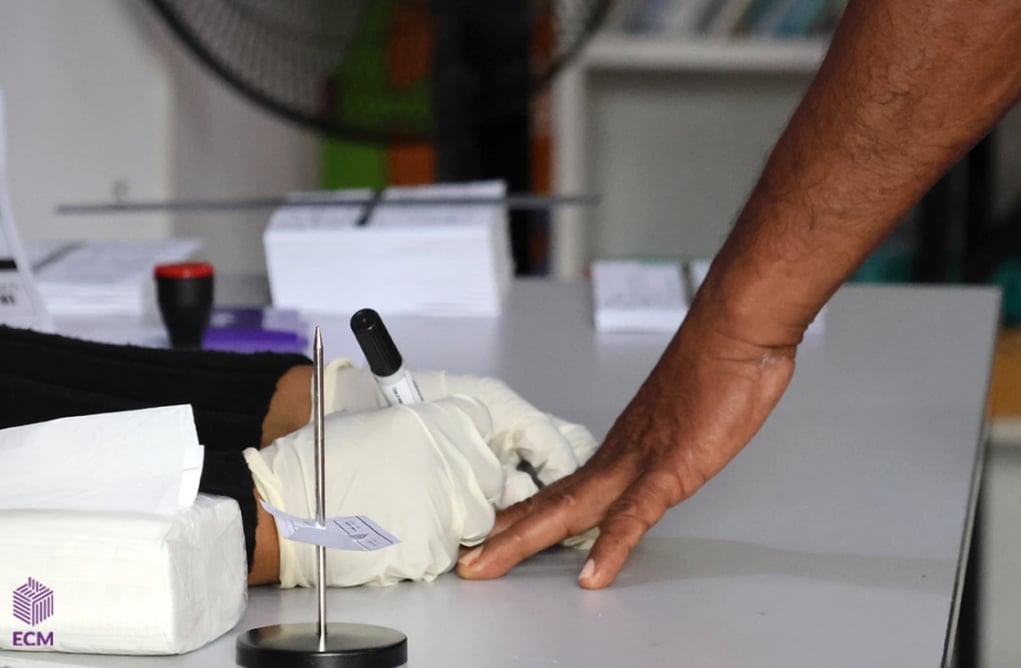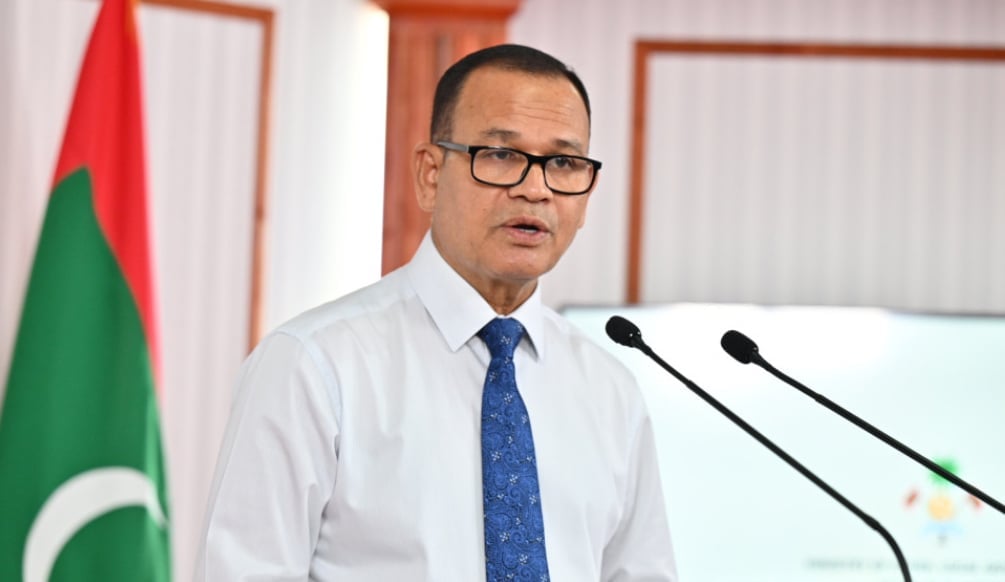Lebanon is facing a severe humanitarian crisis as intensified Israeli airstrikes target southern parts of the country, causing widespread destruction and loss of life.
In Sidon, buildings collapsed following bombings, burying more than 100 people. Rescue teams have recovered over 40 bodies and rescued 60 survivors, but the lack of resources and equipment due to Lebanon’s ongoing economic crisis is hampering efforts. Mohamed Arkadan, a veteran of the civil defense forces, noted that his rescue team lacks even basic protective gear and modern rescue tools.
The airstrikes, part of Israel’s offensive against Hezbollah, have killed more than 1,000 people since mid-September, according to the Lebanese Health Ministry. A quarter of the casualties are women and children. The relentless bombings have displaced hundreds of thousands, forcing many to seek refuge on beaches and in the streets. The World Health Organization reported the closure of over 30 primary healthcare centers in the affected areas, while hospitals are overwhelmed with injured civilians.
In the city of Tyre, health officials report a shortage of medical staff and equipment. Only five out of 35 doctors remain in the city, and one hospital has been forced to shut down after sustaining damage. Local authorities are struggling to support the thousands of displaced people flooding into the city, as supplies of food and medicine dwindle. Bombings have also struck residential areas, killing dozens of civilians, including children.
First responders in Nabatiyeh province are working around the clock to save civilians despite facing similar shortages of equipment. Outdated vehicles and damaged firefighting gear have further limited their ability to respond effectively. With many areas still under attack, the rescuers face extreme danger as they attempt to evacuate and assist wounded civilians.
The United Nations has allocated $24 million in emergency funding for Lebanon, but the country’s infrastructure and emergency services are severely strained. The international community is being called upon to provide further aid as Lebanon struggles to cope with the escalating crisis.
In Sidon, buildings collapsed following bombings, burying more than 100 people. Rescue teams have recovered over 40 bodies and rescued 60 survivors, but the lack of resources and equipment due to Lebanon’s ongoing economic crisis is hampering efforts. Mohamed Arkadan, a veteran of the civil defense forces, noted that his rescue team lacks even basic protective gear and modern rescue tools.
The airstrikes, part of Israel’s offensive against Hezbollah, have killed more than 1,000 people since mid-September, according to the Lebanese Health Ministry. A quarter of the casualties are women and children. The relentless bombings have displaced hundreds of thousands, forcing many to seek refuge on beaches and in the streets. The World Health Organization reported the closure of over 30 primary healthcare centers in the affected areas, while hospitals are overwhelmed with injured civilians.
In the city of Tyre, health officials report a shortage of medical staff and equipment. Only five out of 35 doctors remain in the city, and one hospital has been forced to shut down after sustaining damage. Local authorities are struggling to support the thousands of displaced people flooding into the city, as supplies of food and medicine dwindle. Bombings have also struck residential areas, killing dozens of civilians, including children.
First responders in Nabatiyeh province are working around the clock to save civilians despite facing similar shortages of equipment. Outdated vehicles and damaged firefighting gear have further limited their ability to respond effectively. With many areas still under attack, the rescuers face extreme danger as they attempt to evacuate and assist wounded civilians.
The United Nations has allocated $24 million in emergency funding for Lebanon, but the country’s infrastructure and emergency services are severely strained. The international community is being called upon to provide further aid as Lebanon struggles to cope with the escalating crisis.





